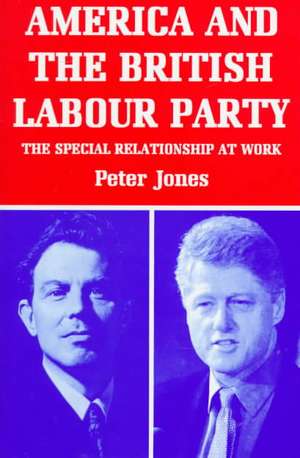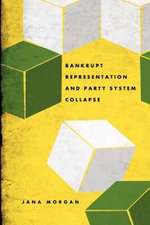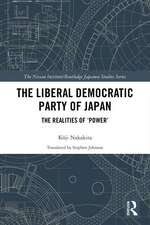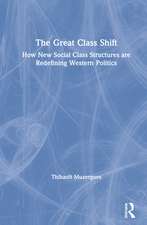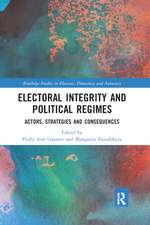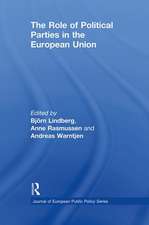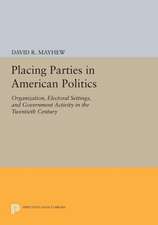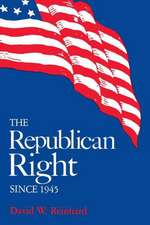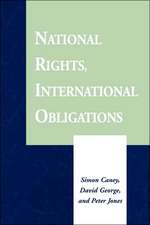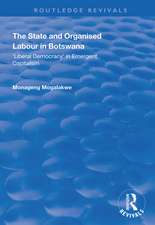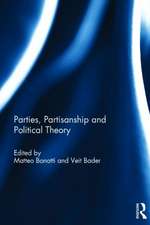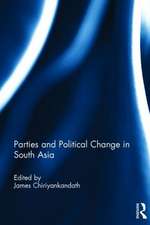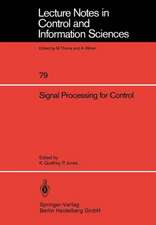America and the British Labour Party: The Special Relationship at Work
Autor Peter Jonesen Limba Engleză Hardback – 30 dec 1997
Preț: 772.66 lei
Preț vechi: 1112.25 lei
-31% Nou
Puncte Express: 1159
Preț estimativ în valută:
147.85€ • 152.53$ • 123.38£
147.85€ • 152.53$ • 123.38£
Carte disponibilă
Livrare economică 05-19 martie
Preluare comenzi: 021 569.72.76
Specificații
ISBN-13: 9781860641060
ISBN-10: 1860641067
Pagini: 256
Ilustrații: bibliography, index
Dimensiuni: 138 x 216 x 25 mm
Greutate: 0.46 kg
Editura: Bloomsbury Publishing
Colecția I.B.Tauris
Locul publicării:London, United Kingdom
ISBN-10: 1860641067
Pagini: 256
Ilustrații: bibliography, index
Dimensiuni: 138 x 216 x 25 mm
Greutate: 0.46 kg
Editura: Bloomsbury Publishing
Colecția I.B.Tauris
Locul publicării:London, United Kingdom
Notă biografică
Peter M Jones is Lecturer in Politics s at the University of Reading and has extensive experience teaching as a visiting professor in the USA. He has edited the International Yearbook of Foreign Policy Analysis, co-authored British Foreign Secretaries Since 1945 and British Public Attitudes Towards Nuclear Defence plus many articles and chapters in collected works.
Cuprins
Part 1 Introduction: defining the special relationship; the academic debate about the "Special Relationship"; Labour Party attitudes towards the "Special Relationship". Part 2 Labour in power: the election campaign of 1945; Attlee, Bevin and the post-war world; Anglo-American relations, 1945-7; the breakdown of Anglo-Soviet relations; Labour Party reaction to the onset of the Cold War; developing a framework for European security; the atomic bomb; the Labour party and the creation of the Atlantic Pact; Labour and the movement for European unity; the German question; the Korean War; personalities; conclusions. Part 3 The opposition years, 1951-1964: German rearmament; Labour and the Suez crisis; nuclear weapons; the move towards Europe; the Polaris decision; personalities; conclusions. Part 4: Labour dominance and decline, 1964-1979: Labour's victory in 1964; Wilson's priorities and style; nuclear sharing; British nuclear policy under Labour; the war in Vietnam; the non-proliferation treaty negotiations; consequences of economic decline; "East of Suez"; Labour and Europe; co-operation and conflict in Anglo-American relations; personalities; conclusions. Part 5 Labour's eclipse, 1979-1992: the 1979 general election; the Labour left takes over; Labour's 1983 general election defeat; the early Kinnock years; the 1987 general election; Europe and changing trans-Atlantic relations; the end of the Cold War; the 1992 general election; personalities; conclusions. Part 6 Labour's regeneration and victory, 1992-1997: Labour under John Smith; Tony Blair takes over as Labour leader; the "Blair effect" and the 1997 general election; conclusions.
